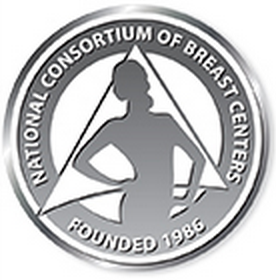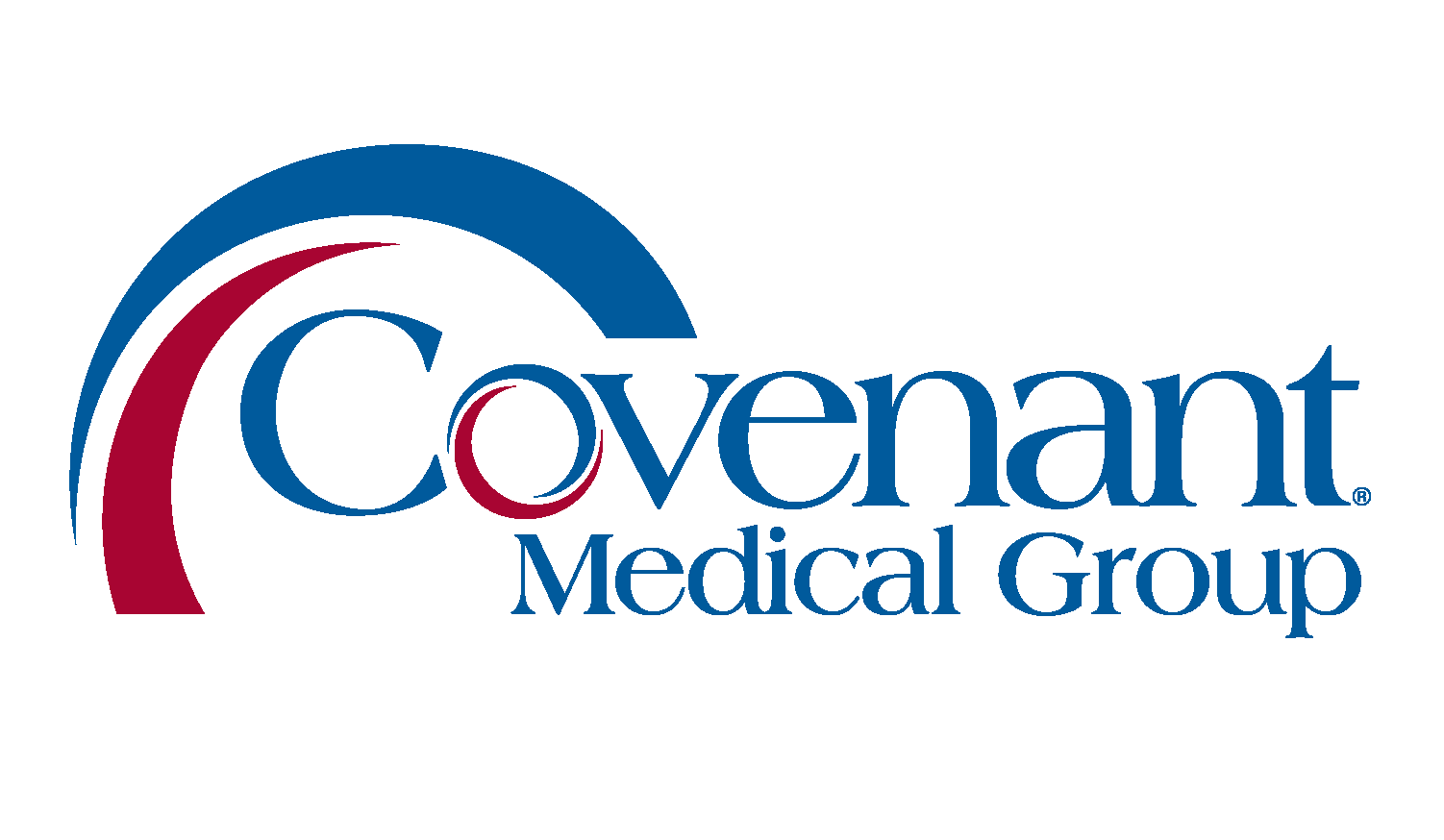Giving back to the breast cancer community is what a breast cancer expert ought to do.
Who, exactly, is an expert in breast cancer? An expert in breast cancer is a professional dedicated to the study or practice of breast cancer. An expert can be a researcher at Oak Ridge National Laboratory, a nurse in the hospital or one of the many physicians that focus their practice on breast cancer.
All of the physicians, nurses and staff at the Knoxville Comprehensive Breast Center (KCBC) are experts in their own fields. KCBC has an obligation, albeit a self-imposed obligation, to educate the broader community regarding best-practices for breast cancer. As an expert in breast cancer, one way I give back is by educating my colleagues.
There are three ideas that should be part of every breast care practice:
(1) Mammograms save lives.
(2) Individual risk assessment is important.
(3) Excellence comes from excellent habits, and excellent habits come from constant education.

Recently, my wife, Imelda G. Margulies, and I both attended the annual meeting for the National Consortium of Breast Centers. Imeldais a Nurse Practitioner who specializes in cancer risk assessment with special attention to Hereditary Breast and Ovarian Cancer Syndrome, now known as “Angelina Jolie” Syndrome or BRCA positivity. We learned much at the conference and met with and heard lectures from national and international leaders in the breast cancer community. We are giving back to our breast cancer community some of the more important lessons we learned at the meeting.
These are three of the more important breast health care concepts that we learned:
(1) Mammograms save lives!
(2) We need to do a better job of screening for high risk individuals who may benefit from screening MRI and/or BRCA testing.
(3) As experts, if we are to deliver excellence in breast health care to our patients, then we need to demand excellence from our colleagues, our nurses and our technicians; this excellence can, in part, be measured.
We listened to outstanding lectures for five days, given by a community of national and international breast cancer experts. One of those experts was Dr. Laszlo Tabar (pictured above with Imelda), who has documented that mammography saves lives.
Dr. Tabar’s studies have effectively demonstrated that screening somewhere between 300-400 women for ten years will save one life. Obtaining a screening mammogram is a woman’s way to enter the world of breast cancer screening and detection. It is the first step down the road to risk reduction and early detection which can lead to healthier, longer lives.
Risk Reduction
Risk reduction is what happens after a risk assessment, which is first accomplished at the screening mammogram visit. The most important risk factor, after age, is identifying family members who have had breast cancer, ovarian cancer, advanced prostate cancer or even pancreatic cancer.
Specialists in breast cancer risk assessment, such as Imelda, can identify these patients rather easily. However, it is really the Clinical Breast Radiologists, the RN’s and the technicians who screen these patients who need to have the expertise to identify those patients who need a referral to a cancer genetic risk specialist. The cancer genetic risk specialist can then alert the clinical breast radiologist that this particular patient may need additional imaging studies, such as a Breast MRI.
Excellence Is Earned
Lastly, excellence is earned and demanded; it does not just happen. Breast Surgical Oncologists and Clinical Breast Radiologists do deliver the best care to our patients and our example ought to encourage the general surgeon and the general radiologist to offer excellent care, too.
It is my job to teach the general surgeons in the community what excellence is in breast surgery so that they, too, can improve their delivery of breast care. And it is my responsibility, as the Physician Liaison to the Commission-on-Cancer, to teach the physicians to measure their care, to review their measurements, and to ensure that the physicians in our community are delivering quality in breast cancer care.
I receive great satisfaction from treating my patients, but I also receive meaning and purpose knowing that I am helping those surgeons in our community deliver a higher level care to the women in our community. This is much the same with the KCBC Clinical Breast Radiologists, who teach and inspire the general radiologist how to improve their practice.
Excellence Derives from Good Habits...
…And good habits derive from knowledge. We attend educational meetings to learn, to practice and develop good habits and finally to deliver excellence in breast health care to our community of patients and their families, physicians, nurses and our community.

